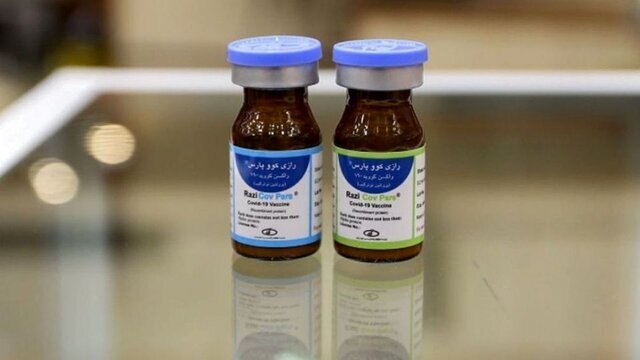Dr. Reza Bani Hashemi also says injecting a dose of the jab increases the amount of antibodies in the nasal and mucosal areas and reduces the entry of the virus into the upper respiratory tract, resulting in less transmission of the virus.
According to him, Razi CovPars vaccine is used both by injection and by inhalation.
Bani Hashemi added that by injecting two doses of the vaccine and 14 days after the injection of the second dose, complete protection is created, which shields the person against acute illness.
“The key point that many vaccine producers ignored was that when you inject the vaccine, you may not get an acute illness, but you might still spread the virus,” he added.
Bani Hashmei reiterated that the Iranian-made vaccine eliminates the need for the least amount of virus to be transmitted through an asymptomatic person.
He added that Razi Institute is capable of producing 100 million doses of the jab by September.
Bani Hashemi said the institute is trying to register Razi CovPars with the World Health Organization and has already held two meetings with the body, adding this process is time consuming.
The director of Razi Institute said so far, two or three countries have requested vaccines from the company, but the institute must first meet domestic needs.
